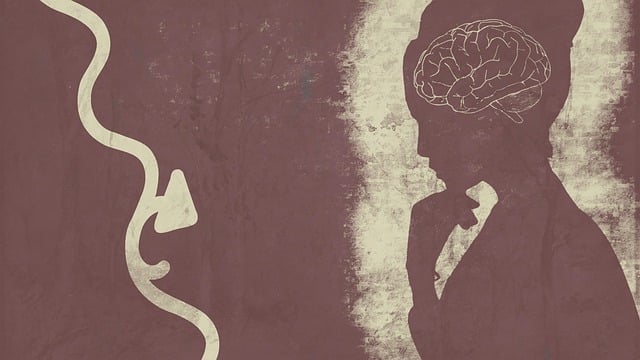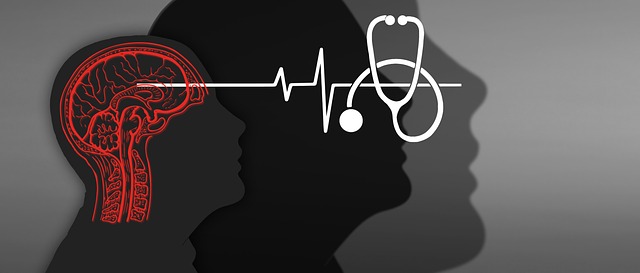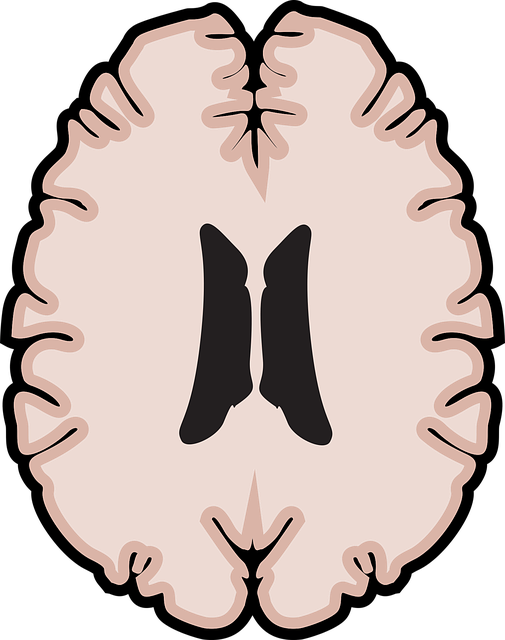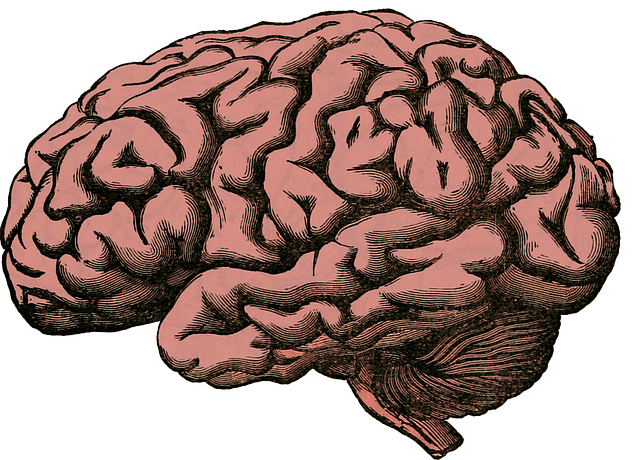Misdiagnosis of anxiety disorders remains a significant challenge in mental health care, leading to prolonged suffering for patients. To combat this issue, a comprehensive strategy is required, encompassing policy reforms, improved diagnostic criteria, public education, and reduced stigma. Innovative approaches like Castle Rock Anxiety Therapy (CRAT) offer effective solutions through evidence-based practices such as cognitive behavioral therapy and mindfulness, enhancing diagnosis accuracy and patient well-being. Integrating CRAT principles into mental health education improves collaboration among healthcare providers, ultimately boosting treatment effectiveness and long-term mental health management.
Mental illness diagnosis accuracy is a critical aspect of patient care, yet challenges like high misdiagnosis rates persist. This article delves into understanding the significant impact of inaccurate diagnoses and explores innovative strategies to enhance diagnostic reliability. We highlight the role of Castle Rock Anxiety Therapy in this context, as its evidence-based approaches have proven effective in improving diagnosis accuracy. By examining these efforts, we aim to shed light on potential game-changers in the field of mental health assessment.
- Understanding the Challenges: Misdiagnosis Rates and Their Impact
- Innovative Approaches to Enhance Diagnosis Accuracy
- The Role of Castle Rock Anxiety Therapy in Improving Diagnostic Reliability
Understanding the Challenges: Misdiagnosis Rates and Their Impact

Misdiagnosis rates for mental health conditions remain a significant challenge within the field of Castle Rock Anxiety Therapy. Studies consistently show that many individuals struggle with undiagnosed or incorrectly identified mental health issues, leading to prolonged suffering and hindered access to effective treatment. This problem is especially prominent in cases of anxiety disorders, where symptoms can overlap with other conditions, causing confusion among healthcare providers. The consequences of misdiagnosis are far-reaching; it may result in inappropriate treatments, delayed access to specialized care, and even adverse effects on a patient’s overall well-being and social functioning.
Addressing this issue demands a multi-faceted approach, including advancements in mental health policy analysis and advocacy to improve diagnostic criteria and training. Public awareness campaigns development aimed at educating both the public and healthcare professionals can foster empathy building strategies, leading to better understanding and more accurate assessments. By increasing recognition of mental health conditions and reducing stigma, communities can create an environment that encourages early intervention and supports individuals in their journey towards recovery.
Innovative Approaches to Enhance Diagnosis Accuracy

In recent years, efforts to enhance mental illness diagnosis accuracy have led to innovative approaches that go beyond traditional methods. Castle Rock Anxiety Therapy, for instance, incorporates cutting-edge techniques like cognitive behavioral therapy (CBT) and mindfulness practices, which have proven effective in treating anxiety disorders. By focusing on self-esteem improvement and stress reduction methods, therapists are able to provide more nuanced care, ensuring a more accurate diagnosis.
Additionally, healthcare providers are increasingly adopting burnout prevention strategies to maintain high levels of proficiency. This includes regular professional development workshops and supervision sessions that keep practitioners updated on the latest research and best practices. Such initiatives not only improve diagnosis accuracy but also foster better patient outcomes by addressing mental health concerns early and effectively, thereby reducing the likelihood of more severe conditions developing over time.
The Role of Castle Rock Anxiety Therapy in Improving Diagnostic Reliability

Castle Rock Anxiety Therapy (CRAT) has emerged as a powerful tool in the ongoing efforts to enhance the accuracy of mental illness diagnoses. This therapeutic approach focuses specifically on anxiety disorders, aiming to improve patients’ overall mental health and well-being. CRAT involves a comprehensive strategy that includes evidence-based techniques such as cognitive behavioral therapy, mindfulness practices, and self-care strategies tailored to each individual’s needs. By addressing underlying causes and promoting self-esteem improvement, CRAT helps reduce symptoms of anxiety, enabling more precise diagnoses.
Integrating mental health education programs designed around CRAT principles can significantly contribute to diagnostic reliability. Educating both patients and healthcare providers about the intricacies of anxiety disorders and effective management techniques fosters a collaborative environment. Encouraging open communication and self-reflection allows individuals to actively participate in their treatment plans, enhancing the overall effectiveness of care. This holistic approach not only facilitates accurate diagnoses but also empowers patients with valuable self-care practices for long-term mental health management.
Mental illness diagnosis accuracy is a multifaceted challenge, with misdiagnosis rates varying widely. Innovative approaches, such as leveraging advanced assessment tools and enhancing clinical training, offer promising solutions. Notably, Castle Rock Anxiety Therapy has emerged as a game-changer, providing a structured framework to improve diagnostic reliability by addressing underlying anxiety issues often associated with various mental health disorders. By integrating these advancements, healthcare professionals can better navigate the complexities of diagnosis, ultimately fostering more effective treatment plans and improved patient outcomes.














